Traditional Chinese medicine emphasizes treating the root cause of diseases, and the pursuit of longevity also starts with strengthening the foundation. In the book "Shou Shi Bao Yuan" by Gong Tingxian of the Ming Dynasty, there is a compound made from ginseng, wolfberry, and other ingredients that can be made into a medicinal wine with the function of harmonizing Qi and blood, called Chang Sheng Gu Ben Jiu.
【Medicinal Wine Formula】
Ginseng, wolfberry, dioscorea opposita, schisandra chinensis, asparagus cochinchinensis, ophiopogon japonicus, rehmannia glutinosa (raw), rehmannia glutinosa (cooked), 10 grams each, 2000 milliliters of white wine.
【Preparation Method】
Slice the various herbs, put them in a cloth bag and tie it tightly, soak them in white wine, seal the container, heat it in water for about 30 minutes, take it out and let it stand for a few days before drinking.
【Functions and Indications】
It harmonizes Qi and blood, and nourishes and resists aging. It is suitable for deficiency of Qi and Yin, manifested as weakness in the limbs, easy fatigue, soreness and weakness in the waist and legs, irritability, dry mouth, palpitations, frequent dreams, dizziness, premature graying of hair, and other symptoms. Those with a deficiency of Qi and Yin in their constitution can also take this wine for health preservation even without obvious symptoms.
【Dosage】
Take 10 to 20 milliliters each time. Drink in the morning and evening.
【Introduction of Herbs】
Ginseng: The fleshy root of ginseng is a famous tonic, suitable for adjusting blood pressure, restoring heart function, relieving nervous exhaustion, and physical weakness. It also has the effects of expectorating phlegm, invigorating the stomach, diuresis, and stimulation.
Wolfberry: Nourishes the liver and kidneys, and benefits essence and brightens the eyes. It is used for deficiency of liver and kidney Yin. This herb has a sweet and mild nature, nourishing and strengthening the liver and kidneys. It can be used for various syndromes of liver and kidney Yin deficiency.
Dioscorea opposita: Strengthens the spleen and stomach, nourishes the lungs and kidneys, and replenishes deficiency. It is used for poor appetite, loose stools, weakness, coughing, frequent urination, excessive vaginal discharge, and polydipsia.
Schisandra chinensis: It has the functions of astringing and securing, invigorating Qi and generating body fluids, nourishing the kidneys, and calming the mind. It is commonly used for chronic cough and asthma, nocturnal emission and spermatorrhea, nocturia, persistent diarrhea, spontaneous sweating, night sweats, thirst due to fluid injury, internal heat and polydipsia, palpitations, and insomnia.
Asparagus cochinchinensis: It has the effects of nourishing Yin, moistening the lungs, clearing heat, and relieving annoyance. It is mainly used for dry and hot cough, Yin deficiency and chronic cough, fever injuring Yin, internal heat and polydipsia, dry intestines and constipation, sore throat.
Rehmannia glutinosa (raw): It has the function of clearing heat, moistening dryness, nourishing Yin, and nourishing blood. It is used for heat entering the blood due to warm diseases, symptoms such as body heat, dry mouth, and red tongue. It has the effects of clearing heat, generating body fluids, nourishing Yin, and nourishing blood.
Rehmannia glutinosa (cooked): Nourishes the blood and moistens dryness; nourishes essence and fills the marrow. It is used for blood deficiency and withered yellow appearance, dizziness and palpitations, irregular menstruation, continuous bleeding, liver and kidney Yin deficiency, hot flashes and night sweats, nocturnal emission and impotence, infertility, irregular menstruation, excessive bleeding, soreness and weakness in the waist and knees, tinnitus and deafness, blurred vision, premature graying of hair, polydipsia, constipation, kidney deficiency and rapid breathing.




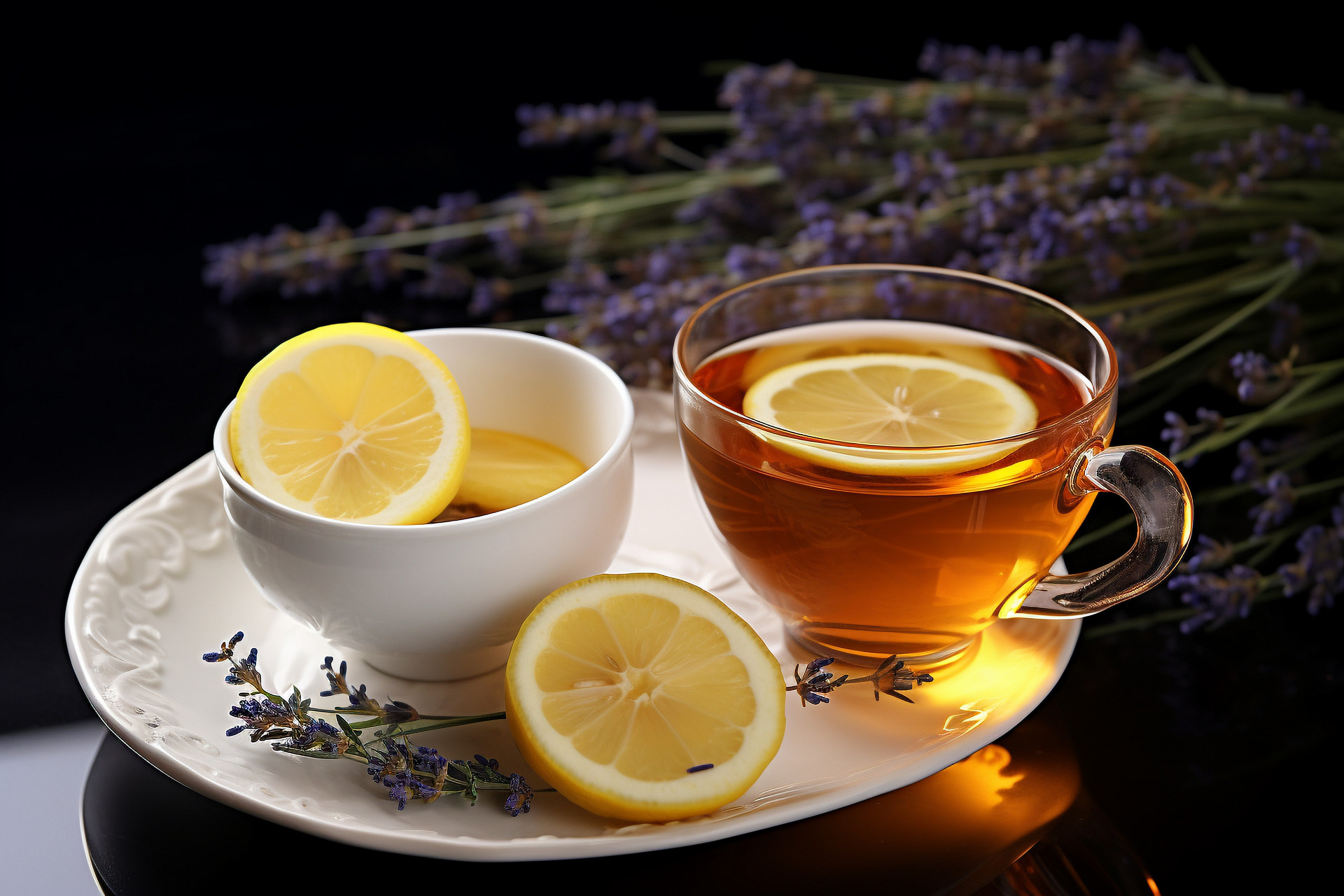
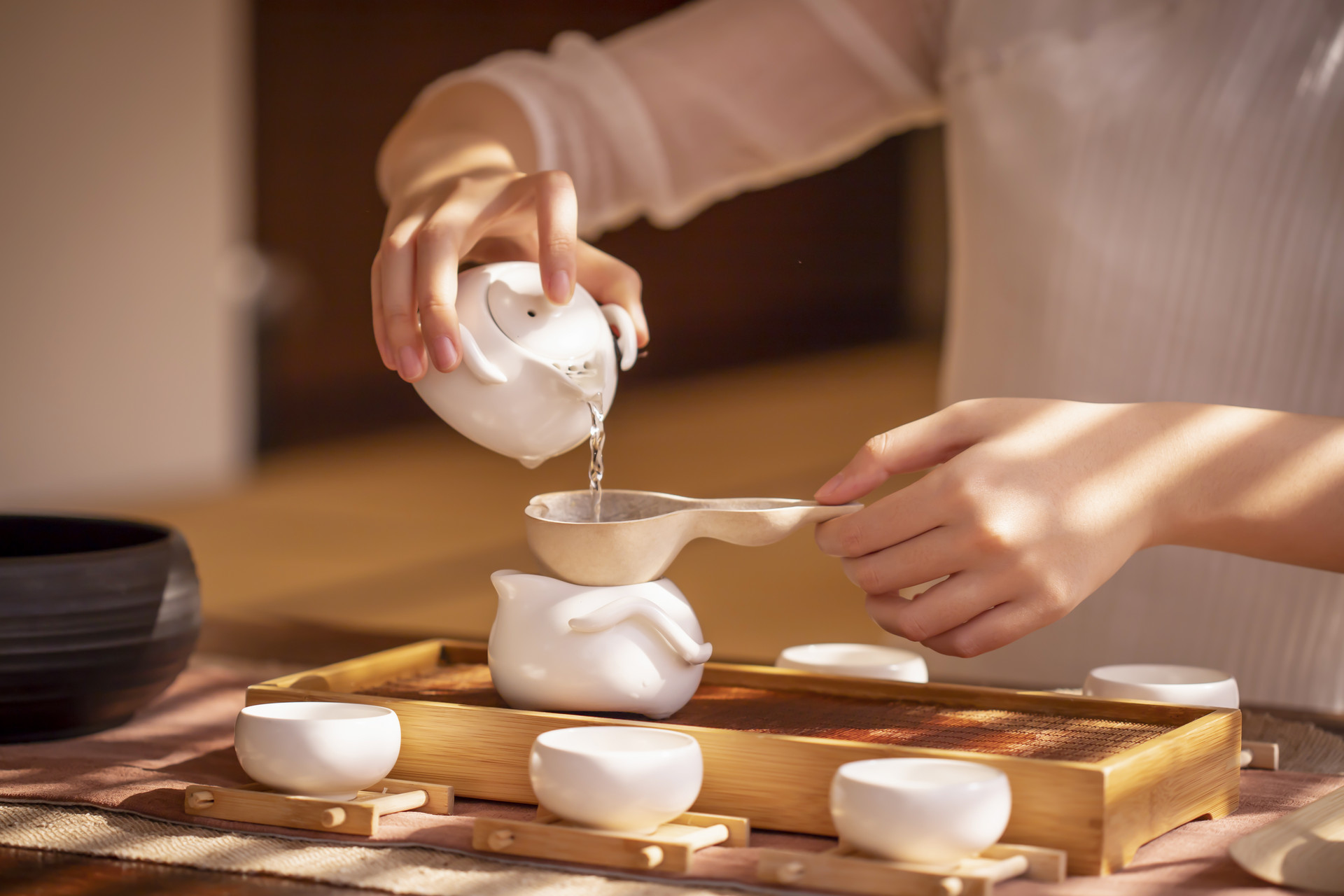
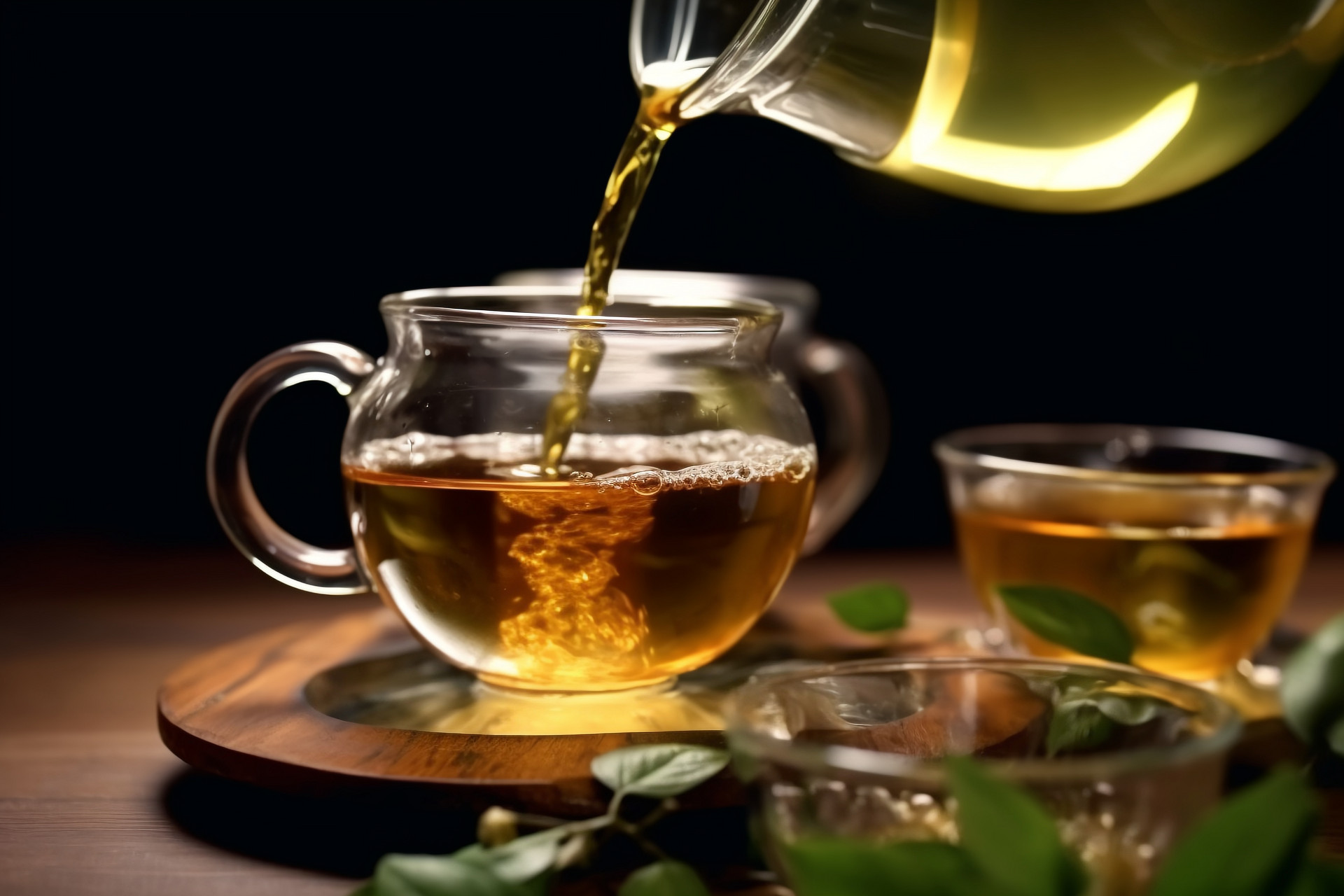

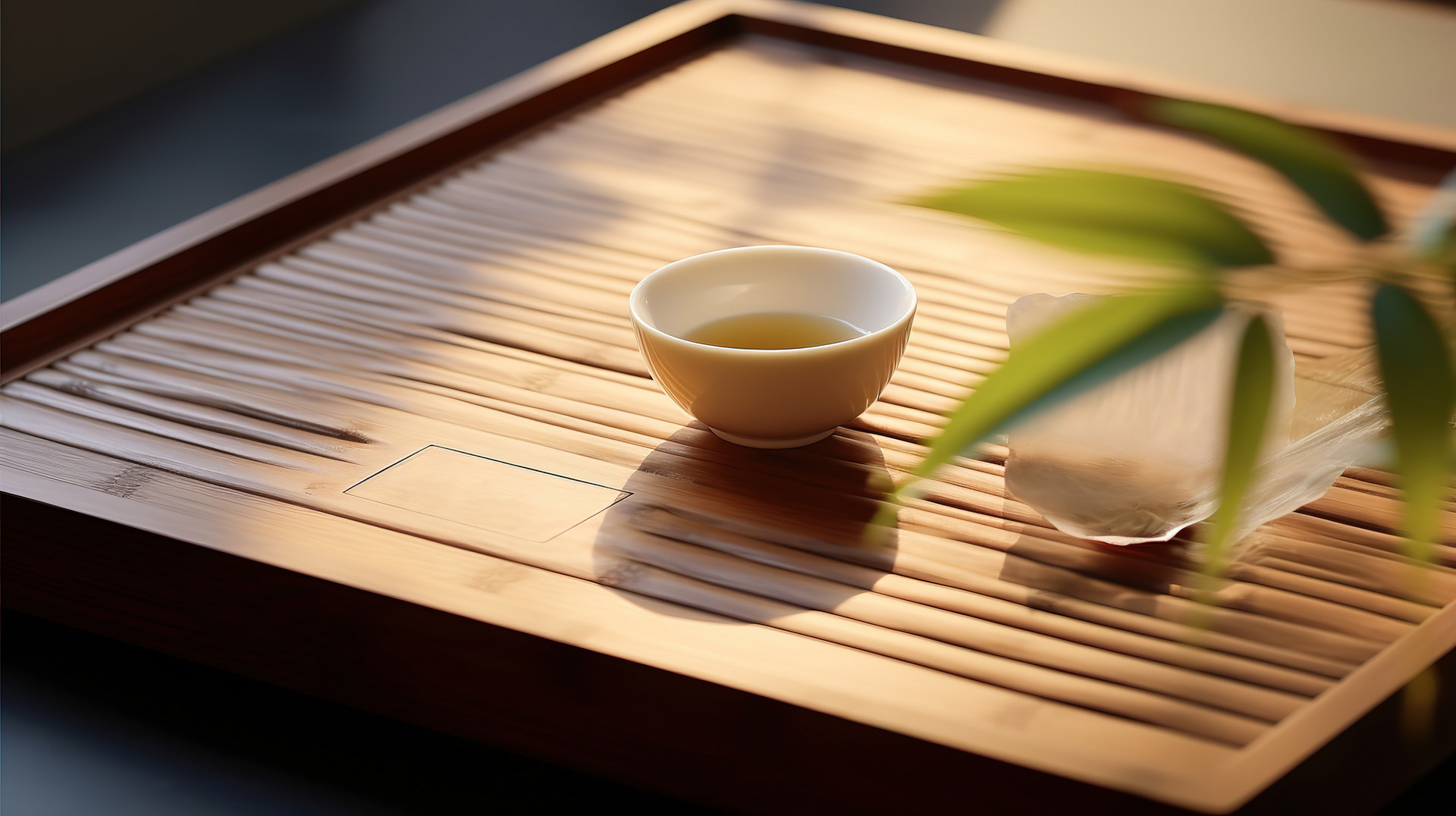
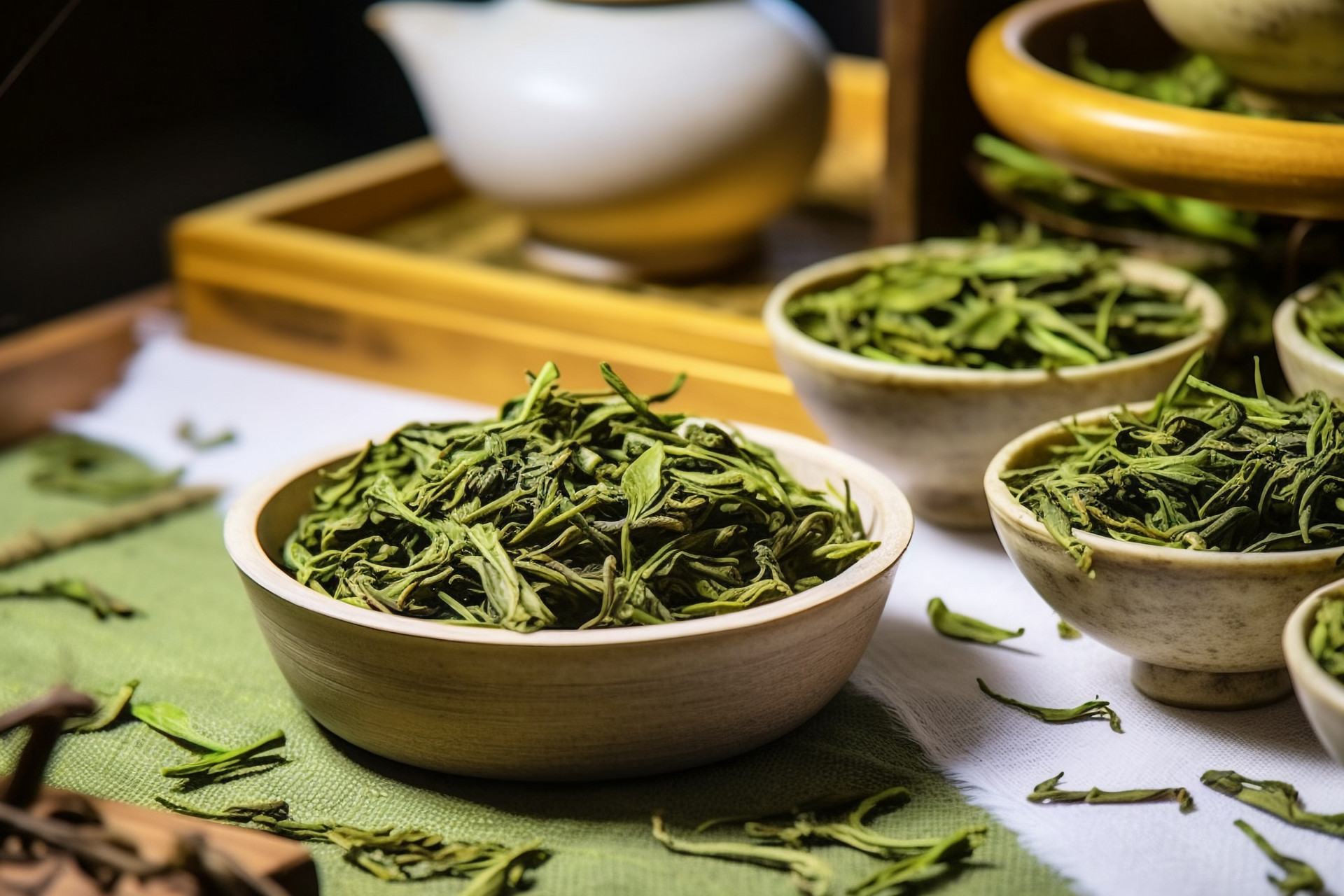
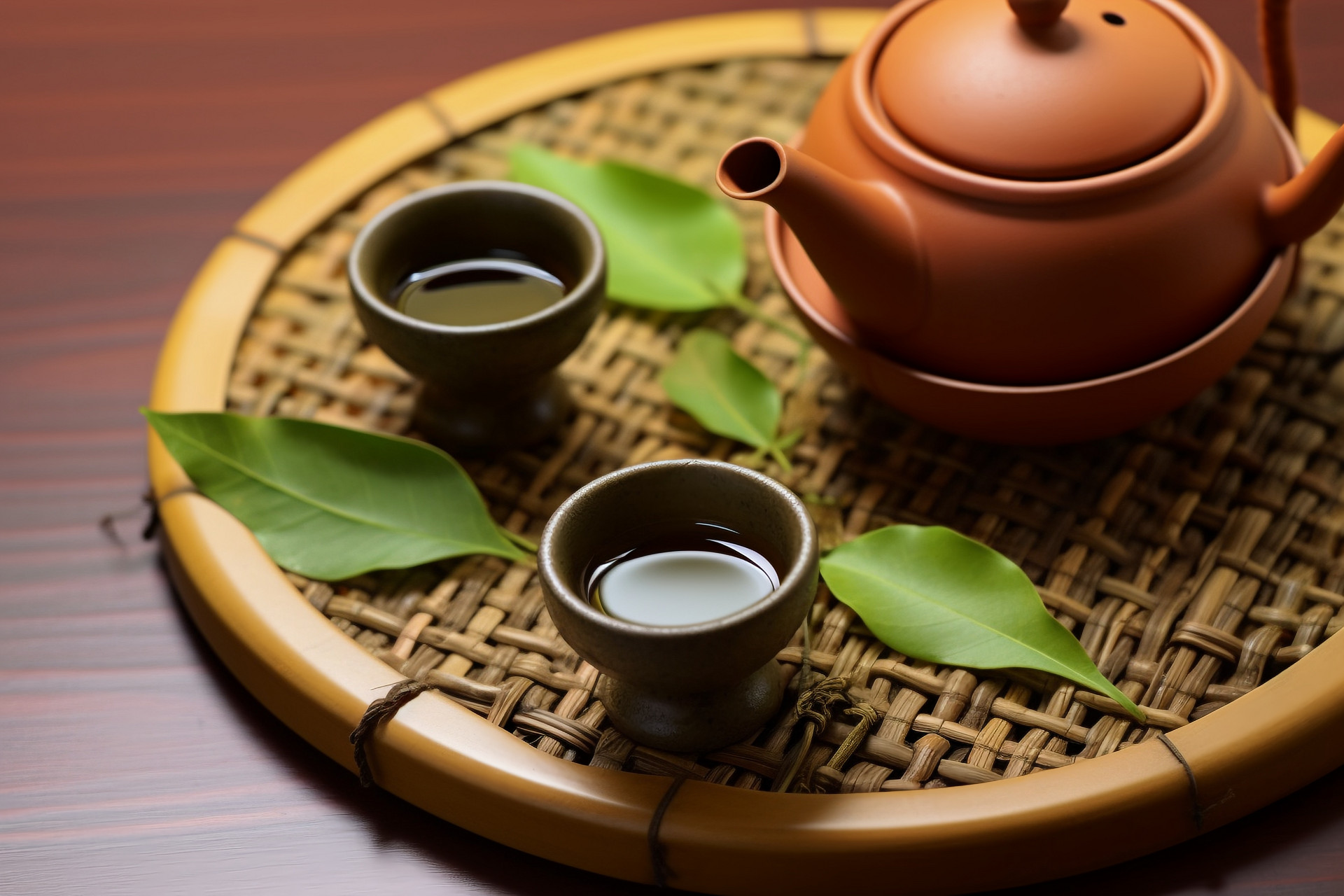
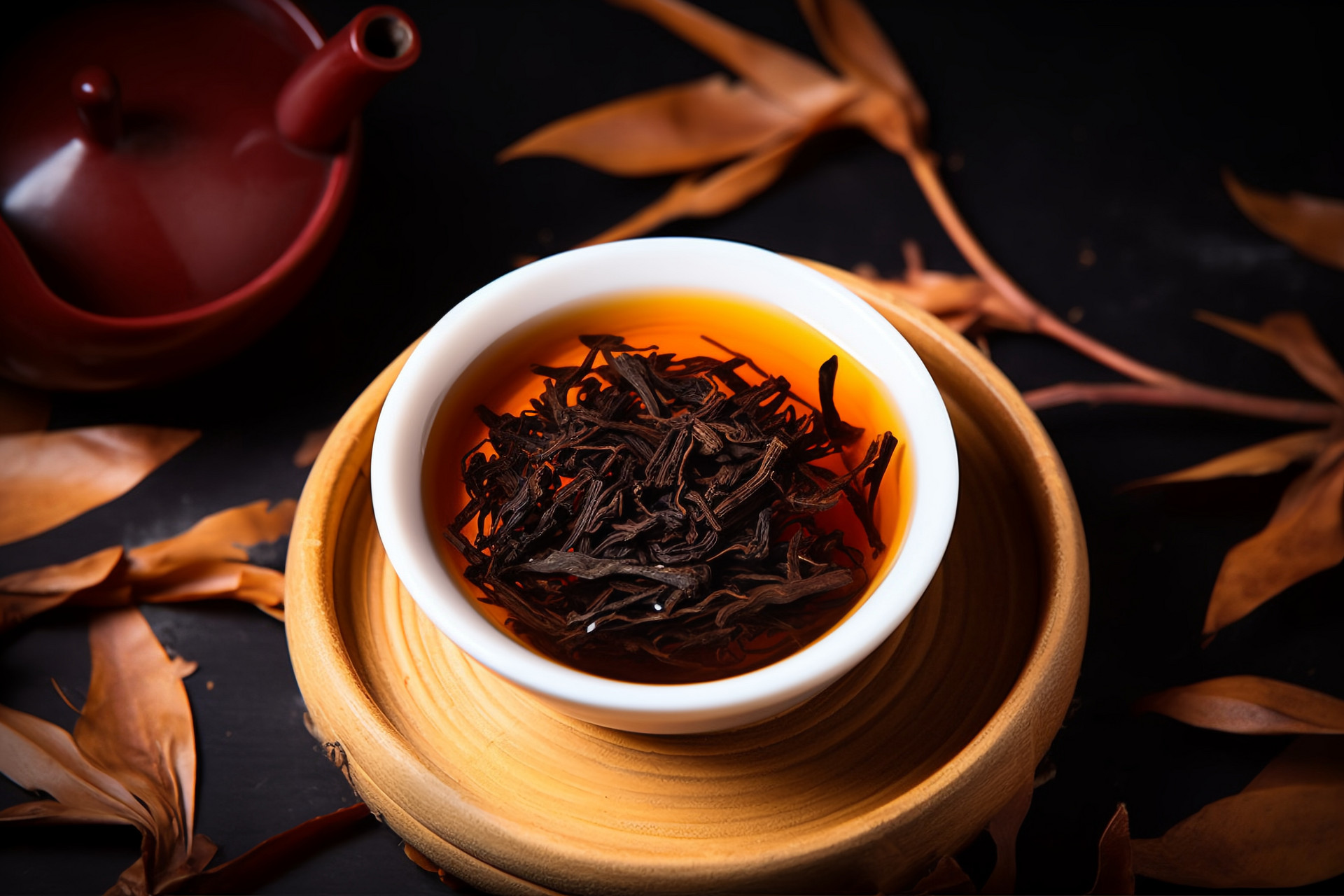
![[Herbal Wine Recipes for Health and Beauty]](https://tcmmaintenance.com/uploads/20240715/7241f6b6eafdaed88c28b26a37213964.jpg)